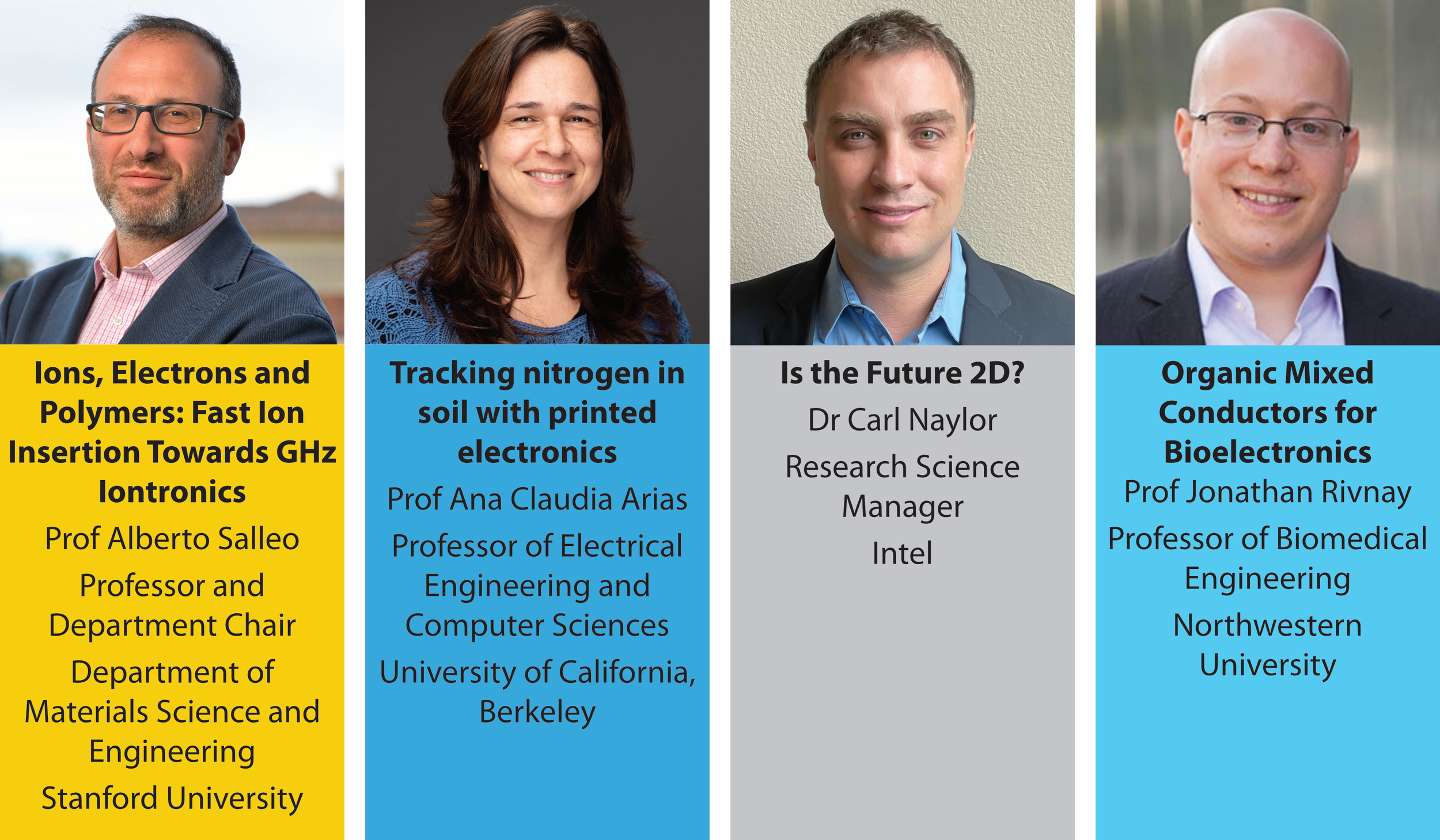Late News Posters Still Being Accepted
We want to see your posters at InnoLAE!
Each poster will have an allocated space on the wall in the conference networking area. Stand near your poster during the breaks to discuss your research with other event attendees. There will be a prize for the best poster voted for by the InnoLAE Programme Committee.
If you are unable to travel we will also accept remote posters. Send us your printed poster before the event and we will display it for you. You can also record a short 5 min video explaining your poster, covering key questions.
A visible presence at innoLAE offers many benefits, including the chance to expand your network, collaborative and business opportunities, within the large-area electronics community. Innovative online sponsorship options are available.
For full sponsorship details, visit our website or email us.




























